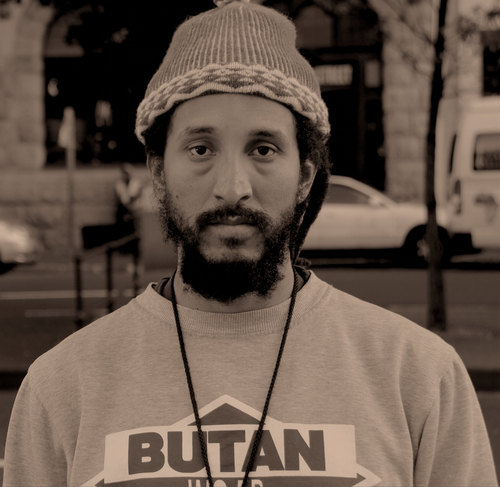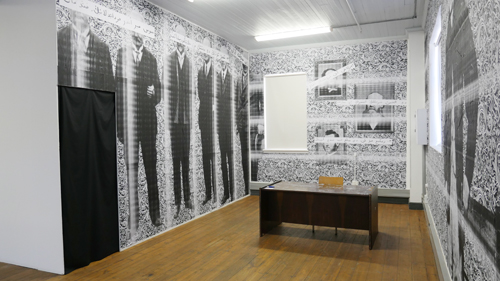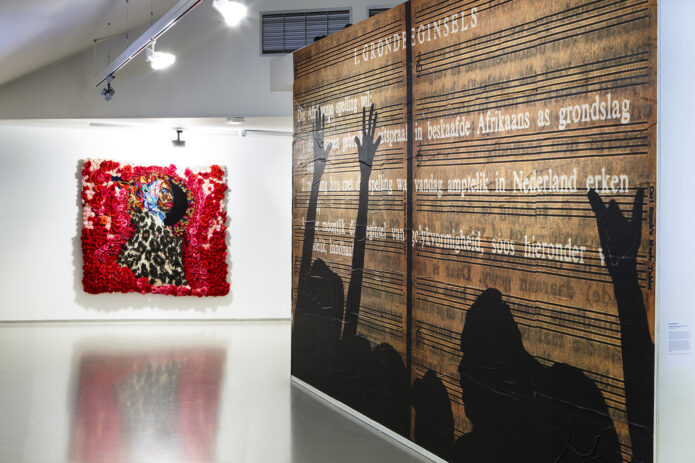 Kurt Orderson
Kurt Orderson Kurt Orderson
Kurt Orderson is an independent filmmaker from Cape Town, South Africa. Orderson started his career after completing his film and television studies at Monash University, South Africa. He has worked for the South African Broadcasting Corporation, producing, shooting and directing educational programmes. He has worked as director, cinematographer and is the founder and director of Azania Rizing, a productions company that aims to inspire young people through creative storytelling about Africa and African Diasporas. The company has aims at mapping the influence of African legacies around the world to facilitate international dialogue by linking local and global stories.
His major directing achievement include his work on Definition of Freedom (2004), an investigation into the role Hip Hop during the South African struggle. The film won best documentary at the Atlanta Hip Hop Film Festival (2005) and also screened at Vancouver and Toronto Hip Hop film festivals. He co-directed, Tribute to Lucky Dube (2007) a tribute film to the late internationally renowned reggae artist, filmed in South Africa, Jamaica and London. Winner of Best Documentary at Silicon Valley African Film Festival 2013.
In 2009 he directed and shot The Pan-African Express about six young men from Morehouse College, Atlanta who visit South Africa for the first time, trying to understand the lives of people living with HIV/Aids funded by The Oprah Winfrey Foundation. He worked as a cinematographer and as associate producer on Eldorados (2011) a feature film, Winner at 32nd Durban International Film Festival 2011, Special Mention South African Feature Film.
His most recent film is Breathe Again (2012), about Derrick Orderson, a Black marginalized swimmer from Bonteheuwel on the Cape Flats who grow up in an abnormal society and despite inhumane prejudice excelled. Screened at the Encounters documentary film festival and Durban International Film Festival as well as international film festivals around the world.
In 2016, Kurt Orderson was one of the participating artists in the Framer Framed group exhibition Re(as)sisting Narratives (2016), curated by Chandra Frank. Together with poet, Toni Stuart he developed the video installation: Krotoa-Eva’s Suite: a cape jazz poem in three movements, in which they challenge the dominant male colonial narration of history through centering on Krotoa-Eva’s historical rol. She was an early mediator between cultures and instrumental in working out terms for ending the First Dutch-Khoi-khoi War against de Dutch colonial invasion in the latter half of the 17th century. Krotoa was Khoi woman who worked as a domestic servant in the Van Riebeeck house and a translator for the Dutch authorities. Her marriage was the first recorded union between a ‘native’ and a ‘settler’. She was banished to Robben Island.
Films include:
Definition of Freedom (2004), The Prodigal Son (2008), Visibly Invisible (2008), The Pan-African Express (2009, director), The Agrarian Reform for Food Sovereignty (2010), The Unseen Ones (2010), Eldorados (2011), cinematographer & associate producer, Breathe Again (2012), Not In My Neighbourhood (2018).
Exhibitions

Exhibition: Re(as)sisting Narratives in South Africa
Exploring lingering legacies of colonialism between South Africa and the Netherlands through engaging with contemporary artists from both countries

